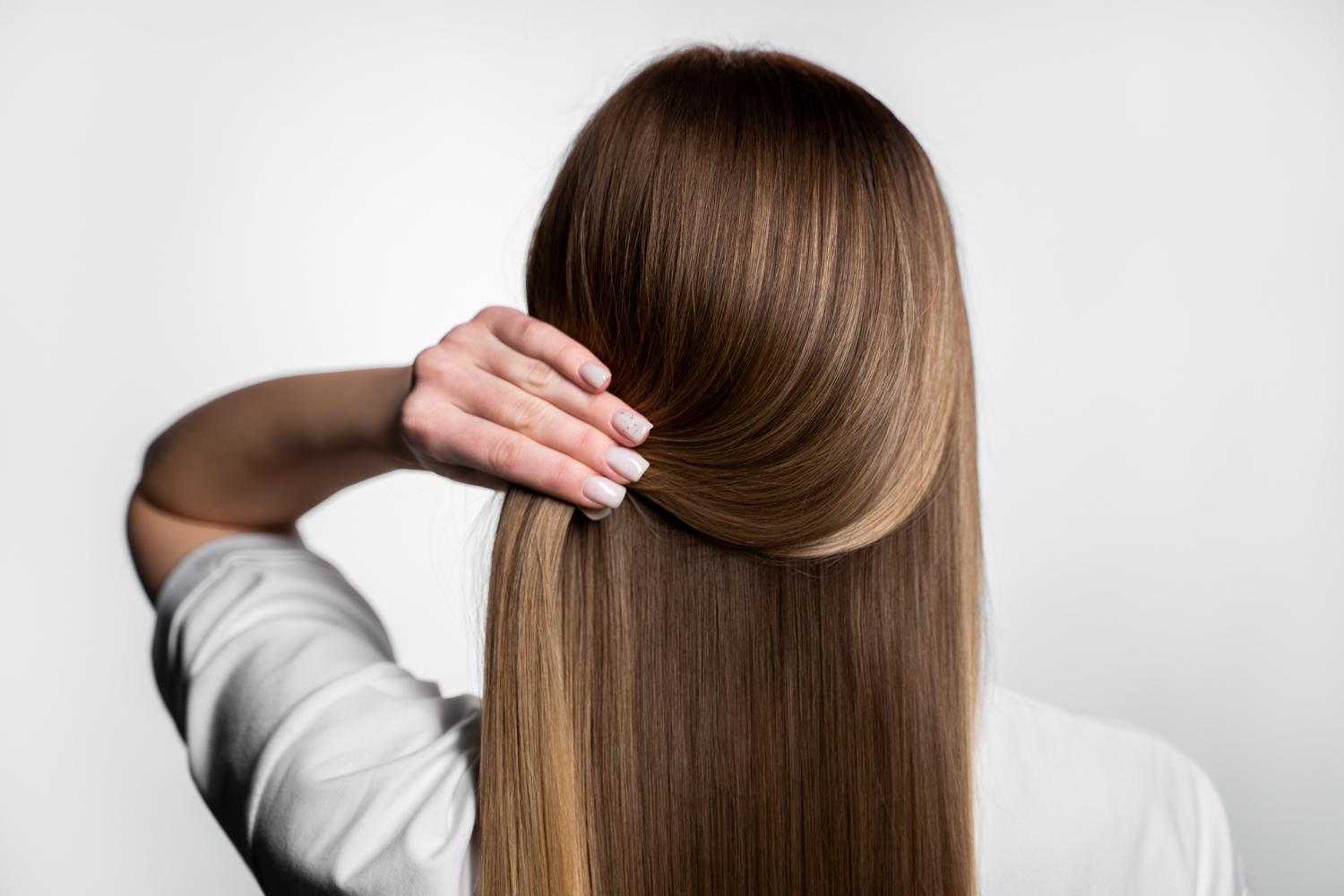Dry skin can be a real nuisance, making your skin feel tight, flaky, or even itchy.
It’s something that many people deal with, and it can pop up for all kinds of reasons.
Sometimes, the weather or your environment plays a big part, but other times, daily habits might be to blame. Figuring out what’s causing your dry skin is the first step to making it better.
Everyday things like hot showers, harsh soaps, or spending too much time in the sun can dry out your skin more than you realize.
Even some products or medications can contribute without you knowing. The good news is, there are simple fixes that can help keep your skin soft and hydrated, no matter the cause.
Small changes to your routine and picking the right products can make a big difference.
Taking the time to understand your skin’s needs will help you keep it moisturized and feeling comfortable.
1. Cold Weather
Cold weather can really dry out your skin. When the temperature drops, so does the moisture in the air.
Without enough humidity, your skin starts to lose its own moisture, leaving it feeling tight, flaky, and uncomfortable.
The harsh winds of winter only make it worse, stripping away the skin’s protective oils.
To help keep your skin soft during cold weather, moisturizing is key. Use a thick, oil-based moisturizer to create a barrier on your skin. Applying it right after a shower helps lock in moisture.
Also, it’s a good idea to use a humidifier indoors, so the air in your home stays less drying. Don’t forget to stay hydrated by drinking water, as that helps too.
2. Hot Showers

Who doesn’t love a long, hot shower? Unfortunately, it’s not so great for your skin.
Hot water strips away natural oils, leaving skin dry and sometimes even itchy. Though it feels good in the moment, too much heat can damage the outer layer of your skin, making it harder for it to retain moisture.
Switching to lukewarm water can make a big difference. Limit your showers to 10 minutes or less.
After stepping out, pat your skin dry—don’t rub—and apply a moisturizer while your skin is still slightly damp. That will help lock in any moisture that remains.
3. Harsh Soaps and Cleansers
Many soaps and body washes are filled with strong chemicals that strip the skin of its natural oils.
While these cleansers might leave your skin feeling squeaky clean, they often cause it to become dry and irritated. Ingredients like alcohol and fragrances are common culprits.
The solution? Opt for a gentle, fragrance-free cleanser, preferably one labeled for sensitive skin.
Look for moisturizing ingredients like glycerin or ceramides. When washing, avoid scrubbing your skin too hard. Gentle cleansing helps maintain your skin’s natural barrier, keeping it soft and hydrated.
4. Aging

As people age, their skin naturally produces less oil, which leads to dryness.
The skin also becomes thinner and more fragile, making it easier for moisture to escape. It’s common for older adults to experience dry, flaky skin, especially on the arms and legs.
Combatting dryness related to aging involves using richer moisturizers. Creams with ingredients like hyaluronic acid or shea butter work well to hydrate and nourish the skin.
Regularly applying sunscreen is also important to protect your skin from sun damage, which can make dryness worse.
Staying hydrated and eating a balanced diet rich in omega-3s can also support healthier skin.
5. Dehydration
Not drinking enough water can really show up on your skin. The body relies on water to keep cells hydrated and functioning properly.
When hydration is lacking, the skin can start to look dull and feel dry because it doesn’t have enough moisture to stay plump and smooth.
Make sure to drink plenty of water throughout the day. It helps your skin stay hydrated from the inside out.
Including water-rich foods in your diet, like cucumbers or oranges, can also support hydration.
Pair your internal hydration with a good moisturizer, and you’ll notice a big difference.
6. Sun Exposure

Spending too much time in the sun can dry out the skin. UV rays damage the outer layer, causing moisture to escape.
Overexposure to the sun can also lead to long-term skin problems, like premature aging, which makes dry skin more likely. Sunburns can especially leave the skin peeling and extremely dry.
To protect your skin, use sunscreen with at least SPF 30 every day. Even on cloudy days, UV rays can still reach your skin. Along with sunscreen, wearing hats and protective clothing helps limit sun exposure.
After spending time outside, applying aloe vera or a cooling moisturizer can soothe and rehydrate your skin.
Related Articles
How to Detox Your Skin After a Long Week
12 Effective Ways to Deal with Sensitive Skin
11 Signs Your Skincare Routine Needs an Update
7. Chlorine in Pools
Spending time in the pool can dry out your skin due to the chlorine used to keep the water clean.
Chlorine strips the skin of its natural oils, which leads to dryness and sometimes irritation, especially after long swims.
After swimming, take a quick shower to wash off any chlorine left on your skin. A gentle, moisturizing body wash can help restore some of the lost hydration.
Then, apply a rich moisturizer to replenish the moisture your skin needs. Using a waterproof sunscreen before swimming can also act as a barrier against chlorine.
8. Air Conditioning

Spending a lot of time indoors with air conditioning can dry out your skin, especially during hot weather.
Air conditioners reduce humidity levels, sucking moisture from the air and, unfortunately, your skin too.
To combat this, keep a moisturizer handy and apply it regularly to prevent skin from drying out.
A humidifier in your room can help balance the moisture in the air. Also, choosing a lightweight, hydrating moisturizer for daytime use ensures your skin stays soft, even while enjoying the cool air.
9. Antiaging Products and Treatments
Some skincare products, especially those aimed at reducing signs of aging, contain ingredients like retinoids or alpha hydroxy acids (AHAs).
These can be really effective for wrinkles but also very drying to the skin. Overuse can leave skin flaky, red, or irritated.
To manage this, use these products sparingly and follow up with a heavy-duty moisturizer.
You don’t have to give up anti-aging benefits, just balance it out with hydrating serums or creams that soothe your skin.
Starting slow and building up your skin’s tolerance also helps avoid extreme dryness.
10. Frequent Hand Washing
Washing hands too often, especially with harsh soaps, can quickly dry out the skin.
Essential oils in your skin are stripped away, leaving hands feeling rough and even cracked. Hand sanitizers, especially those with alcohol, also add to the problem.
To prevent dry hands, switch to a moisturizing hand wash. Keep a hand cream nearby and apply it after washing, especially before bed.
Gloves can help protect your hands from the elements or when doing tasks like cleaning, which often involve contact with water or chemicals.




